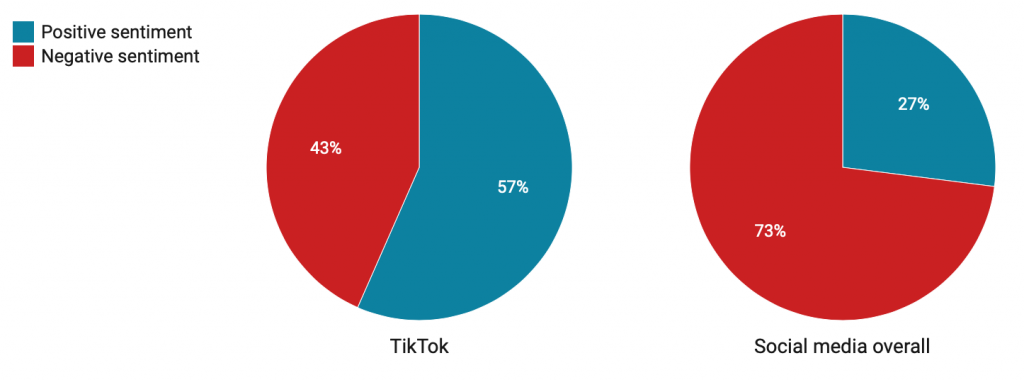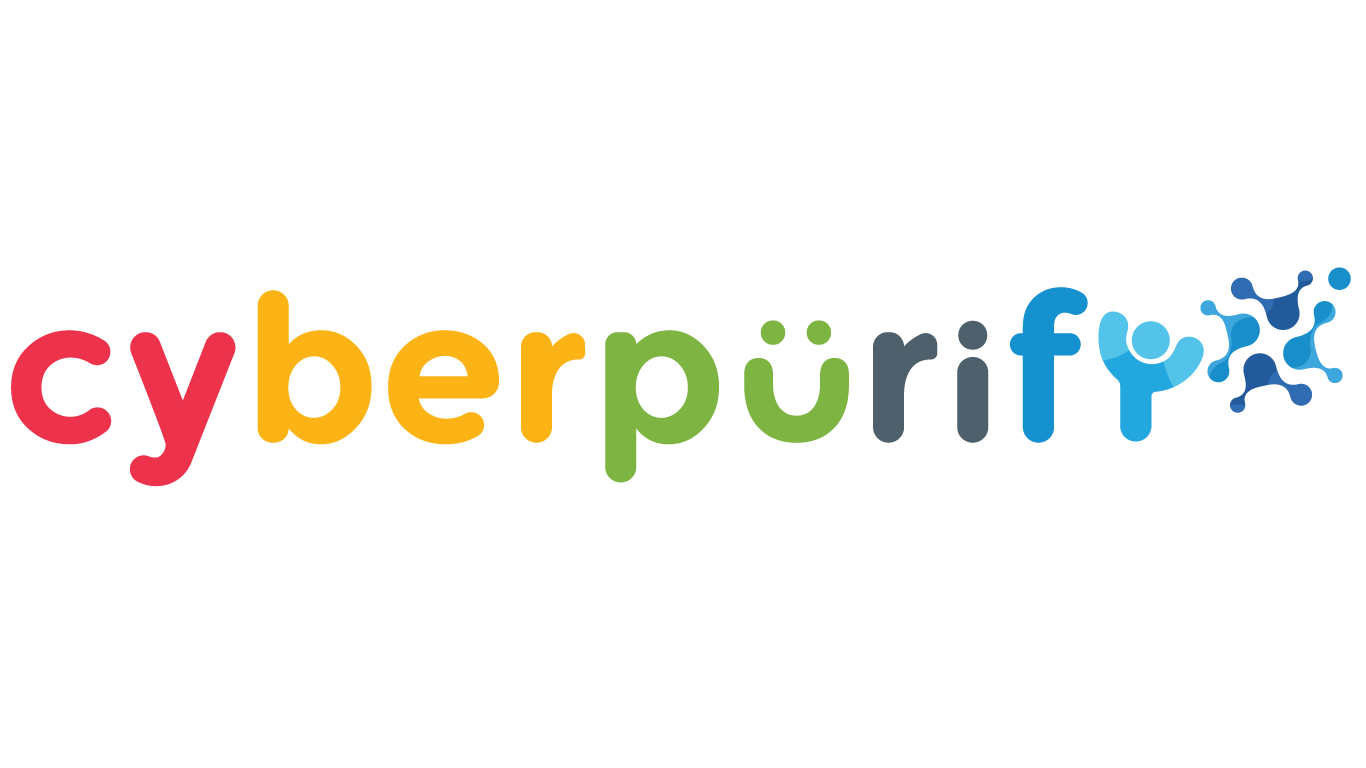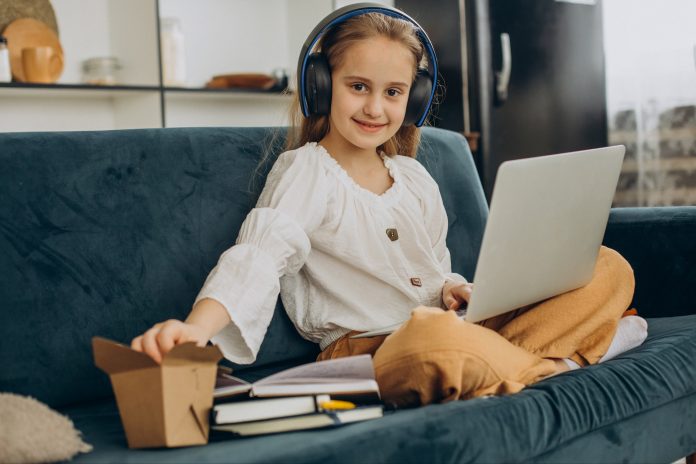Having to stay at home 24/7 because of the pandemic has made many children increasingly dependent on the Internet and social networks. As parents, everyone wants the best for their children, and to help them live happily and healthily in the virtual world, parents need to ensure internet safety for children, but at the same time still let them have their own private space.
Updating knowledge is an important foundation in protecting Internet safety for your children. Therefore, this article will firstly update information about Covid and social media – How it changes your kids’ behaviors?, also a glimpse at dangers of social media for teens. Then, the second part of the article will help you better understand how to both protect your children but also respect their privacy.
Covid and social media – How it changes your kids’ behaviors?
Is the content on social media worse or better?
Overall, the answer is worse for every social networking platform. According to data from Sprinklr, nearly three-quarters of the mentions of “social media” on social media and news sites in 2020 were negative. However, it is quite surprising that the majority of mentions about TikTok are positive.


Why does TikTok get so many positive responses? The Covid pandemic has promoted the trend of working from home and forced your children to study online and entertain online. Everything happens in that narrow space. Now everything becomes sloppy: The house is messy, children stay at home and behave inappropriately, people don’t wear makeup, people don’t go out to eat luxurious things, etc. In general, life becomes less polished.
From here, the posts gradually show the reality of daily life and encourage people to openly share about their lives. This is not easy to find on Facebook or especially Instagram – which is seen as an idealized place of people’s lives (supercars, expensive brands, villas, selfie filters, etc.), but instead, it’s TikTok – encourages humor and connection in a different way, by watching strangers talk openly about their lives.
That is also part of the reason why more and more children are watching TikTok and participating in TikTok’s challenges and trends.
In a nutshell, openness and authenticity have become one of the main hallmarks and trends of social media in the Covid-19 era.
How have the visits to social networks changed?
As mentioned, the social media platforms where people are comfortable sharing the kinds of content that they are comfortable with during the pandemic are the ones and the types of content that people feel most authentic. The proof is that people have responded well to TikTok. Nor does it rule out the possibility that TikTok videos are relatively short, which many people find appealing.


Image source: Recode by Vox
Visits to TikTok’s website have increased by an average of nearly 600% in 2020 from the year before, according to SimilarWeb. Meanwhile, visits to Instagram increased by 43%, Twitter by 36% and Facebook by 3%. Users currently spend the same amount of time on TikTok as they spend on Facebook, the world’s #1 social site.
Average time spent by US users on social media platforms per day in 2020
Posts that have the potential to disappear after taking a photo like Snapchat are especially useful, as they lower the bar for how polished content can be. Similarly, many people have gone live on various platforms where the posts are unedited, giving users a more immediate and authentic feel.


Image source: Recode by Vox
Parenting accounts are increasingly using Instagram Live and TikTok to show their followers what life with children during the pandemic really is like.
Maybe you missed these awesome articles:
The next trend on social media?
As we and our children stay at home, social media will become more ingrained in our lives than ever before, making us more dependent on social media. Social entertainment and live streaming sites like TikTok will continue to grow as the pandemic continues, eMarketer predicts. While time spent on social media may drop a bit in the coming years, it will remain higher than it was before the pandemic.
It’s really quite difficult to change a habit, and you can’t negatively ban your children from using social networks, instead regularly teach them the soft skills they need in the digital age so they know how to be secure. Early recognition of online sexual attackers and the Negative effects of social media on teenagers as well as smart manners on social networks (Digital Emotional Intelligence) are extremely important when online violence is increasing day by day.


What can parents do to keep children safe online during Covid-19?
- Set up parental controls: Be cautious when using any parental control tool because there are lots of software that intrude on children’s privacy. Instead, many smart parents are using the content filtering tool CyberPurify Kids – considered as one of the best free parental control software to hide 15 types of harmful content on the Internet, including:
- Pornography
- Horrifying content like gore, accidents, ghosts, violence, murder, terrorism, etc
- Content about stimulants, addictive substances such as alcohol, beer, marijuana, drugs, etc.
- Content with aggressive elements, hurting others like Hate speech
This free porn blocker extension can help to minimize your child’s access to harmful content, ensuring a healthy online environment for your child but at the same time, not invading their privacy rights. It:
– Does not have a feature that allows parents to see their kids’ messages, calls
– Does not have a feature that allows parents to stalk their child’s social media activities
This is probably the best balance between keeping children safe online during covid-19 but still not being too intrusive on their right to privacy.
Wise modern parents are always proactive in bringing the best for their children. To better protect your child from all porn sites, for all internet-connected devices your child use, you should pre-order Wifi Device, becoming the first parents to own the solution which 24/7 protects your kids from harmful websites. Best prices are always available for early birds!


- Awareness of risks on the Internet and social networks: OnlyFans makes children sell more pornographic videos, the negative effects of social media on teenagers, such as how does social media cause your child to engage in sexting behavior, what are the risks of online learning, how pornography is increasingly looking for your child and making your child addicted to it, etc.
- Watch for signs of abnormal mental health: staying up too late, staying away from family members, suddenly not wanting to use social media, low self-esteem, suddenly quiet, etc. This could very well be a sign that your child has been sexually assaulted online or has become a victim of cyberbullying. Being sensitive will help you to solve the problem in time.
- Teaching children soft skills when using the Internet: To keep children safe online during Covid-19, parents should teach children to behave, understand, and protect themselves. This is important not only in the real world but also in the virtual world – the Internet and social networks, where both children and adults like you come into contact with and use every day.
- Constantly updating the dangers on the Internet like the Negative effects of social media on teenagers (dangerous challenges of TikTok): Updating information and knowledge yourself is always one of the sustainable tips over time when you are quickly aware of the problem, educate your children promptly about the problem and its consequences, your child will know how to proactively protect themselves from those risks.
- Respect your child’s privacy online: As a savvy parent, you shouldn’t browse your child’s social media accounts, read your child’s texts or emails, or track your child’s cell phone, track their text messages or calls. And don’t expect your child to tell you the password for their email and social media accounts.
Protect your child, not supervise him. You can completely supervise your children and track them on the Internet if you want, but that doesn’t mean you should.
Find this helpful? You also love these:















